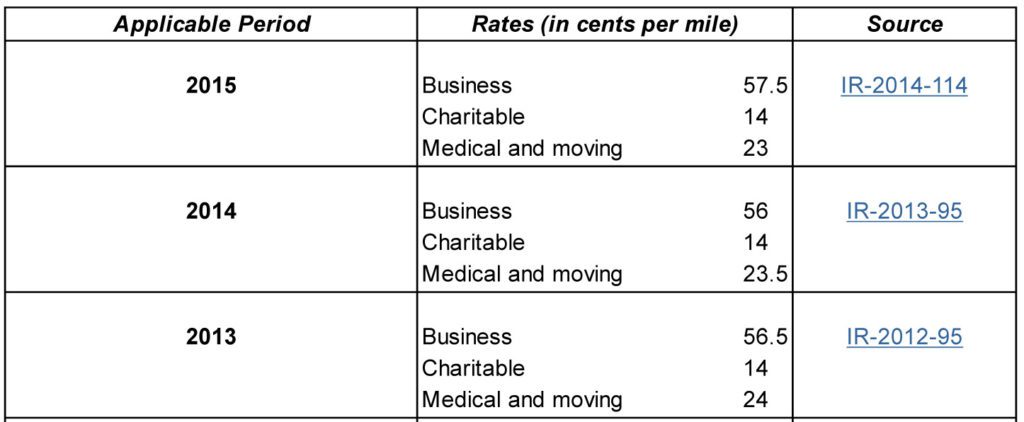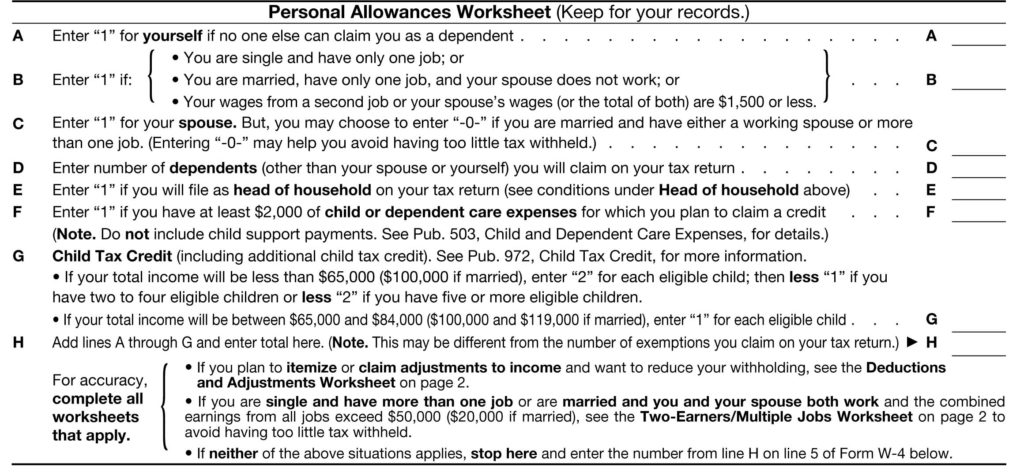As an active CPA, I often stumble across forums and blogs on the internet with a plethora of misinformation that makes me want to bang my head against the wall. While this blog isn’t intended to be a PSA, the tax code is complex and you should always consult with a tax professional before acting on advice of a friend, colleague, or stranger on the web.
I assembled a list of the top 3 myths about real estate taxation with the intention of setting the record straight. Here’s the top offenders:
Myth #1: You need a real estate license to be a real estate professional
While you may need a license to hold yourself out to the public as a “real estate professional”, to qualify for real estate professional tax status the IRS only requires that you meet certain annual time thresholds.
The rules are pretty simple, the IRS defines a real estate professional as a taxpayer that materially participates in real estate. Qualifications? Work 750 hours in a real estate capacity and spend more than half your time in a real estate trade or business.
So what is a real estate business or trade? The IRS lists the following: renting and leasing of realty, construction, development, buying, operating, and managing realty, as well as realty brokerage businesses.
Simple enough, right? The full text can be found in full under Code Sec. 469(c)(7)(B).
Myth #2: Flipping income qualifies as capital gain
The IRS says “real estate dealers”, individuals or business involved in the buying, improving, and selling real property (“flipping”), cannot qualify for capital gains – regardless of whether you hold the property for 1 year or longer!
Court cases have made this pretty clear – real estate dealers should treat the business of flipping property similar to any other inventory based business. Meaning, sole proprietors involved in flipping activities would also be subject to self-employment taxes. You should also be aware that “real estate dealer” status could also subject your rentals to “self-employment”.
There are several strategies a knowledgeable CPA can help employ to reduce exposure to some of the negative implications.
Don’t believe me? There are plenty of court cases that support this – email me for a list!
Myth #3: Passive losses disallowed in one year are lost forever
The IRS has rules related to “passive losses”. These rules often limit the amount of loss that can be taken in a given year for a rental property.
The good news is that if your rental shows a passive loss, no taxes are being paid on the rental income you received for the year! Hopefully, that loss being generated is just “tax loss” rather than a hard loss.
So what happens to the losses in excessive of your rents received? When you have a passive loss from your rental activities and cannot use the loss because of your income level or the passive loss rules, they become suspended until they can be used to offset future passive income or offset any gain in the year that property is disposed of in a sale.
While the key to effective tax strategy usually involves obtaining the largest benefit now, the passive loss rules can work out quite nicely in the future.
Oh, and you can and should always write off depreciation. If you don’t write off depreciation, you will run into quite a mess when you go to sell the property.
Any questions? Feel free to email me at paul@launchconsultinginc.com or leave a message in the comment section below.


